
CROA and the University of Washington School of Social Work are hosting Washington State’s first co-response retreat on May 13th at the Center for Urban Horticulture in Seattle. The event includes local and national co-response experts who will be providing skills-based training and restorative practices, as well as opportunities to network with policymakers, reseachers, and others in the field.
Space is very limited and will be largely restricted to those involved in fire and police co-response programs.
Date & Time
Saturday, May 13, 2023
7:30am – 7:30pm PDT
Location
Center for Urban Horticulture
3501 NE 41st St Seattle, WA 98105
Register
Our Speakers
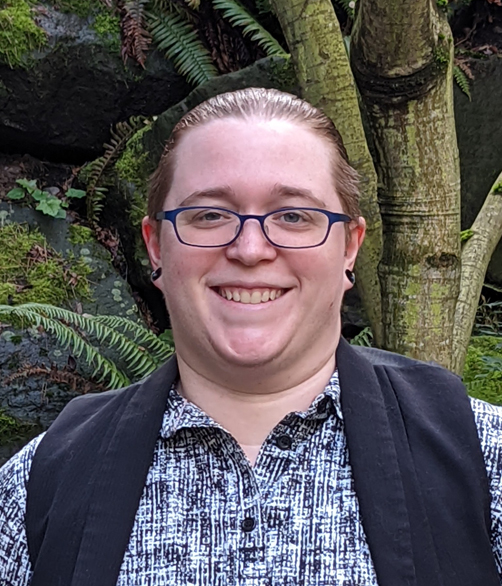
Zee Andrignis
Zee Andrignis (they/them) is the Mental Health Professional Supervisor for the Seattle Police Department’s Crisis Response Team, a co-responder collaboration with DESC. They are an LICSW and SUDP who has worked in co-response for 7 years. They have a passion for working with LGBTQ+ populations and supporting community service providers in understanding how to work with first responders.

Stephen Betuker, MSW, LCSW
Trainer, University of North Carolina
Stephen Betuker, MSW, LCSW, is a trainer for the University of North Carolina, Psychiatry Department’s Institute for Best Practices. Stephen has worked in the field of community mental health for over twenty years. He has successfully helped many individuals who might otherwise be hospitalized due to mental illness to live healthy and fulfilling lives in their community.
Stephen has been practicing CBTp since 2010. He initially received training on CBTp from Dr. David Penn while working on an Assertive Community Treatment Team (ACT) with additional training on CT-R from the Beck Institute and Dr. Stephen Smith. Stephen provides training to ACT teams and other enhanced community mental health teams around the United States on CBTp. He has provided CBTp training to police co-response teams and presented on CBTp at the National Police Co-Responder Conference. Stephen provides on-going clinical supervision around CBTp to both community mental health clinicians and police co-responders. Stephen keeps his direct practice skills fresh by spending his weekends providing CBTp on an inpatient unit at UNC Hospitals.
Cognitive Therapy for Treatment of Psychosis
As many police encounters involve individuals with severe mental illness (SMI), some police departments have explored methods to improve their interactions with these individuals. Cognitive Behavioral Therapy for Psychosis (CBTp) is one of the methods being introduced to police co-response teams. SAMHSA has identified routine administration of CBTp as the standard of care for individuals seeking treatment for psychosis. CBTp has been utilized within numerous community based mental health programs over the last ten years that treat individuals with psychotic disorders. Similarly, CBTp can provide clinical tools to the police co-response teams that can be used for engagement, psychoeducation and treatment to those displaying psychotic symptoms.
Blending both CBTp (Kingdon and Turkington) and Recovery Oriented Cognitive Therapy (Beck Institute), we will offer both theoretical frameworks for how cognitive-behavioral therapy (CBT) may be used to address psychotic thinking, with many practice examples.
- Cognitive Behavioral Therapy for Psychosis
- Recovery Oriented Cognitive Therapy for Schizophrenia
- CT-R Map

Amy Bundy
Chief Criminal Deputy, Clallam County Sheriff’s Office
Amy Bundy is the Chief Criminal Deputy at Clallam County Sheriff’s Office. She has 17 years in law enforcement to include holding positions in Juvenile and Adult Corrections, Patrol, Detective and Patrol Sergeant. She previously has served on the Clallam County Drug Court Team, Mental Health Court and is on the Behavioral Health Advisory Board. Chief Deputy Bundy works closely with community behavioral health professionals including co-response and outreach teams. She is currently involved in the policy codesign process in collaboration with the University of Washington to improve law enforcement interactions with people with substance use disorder. She holds a Bachelor of Arts in American Cultural Studies and is in the process of obtaining her Master’s in Education from Eastern Washington University.
Key Motivational Interviewing Skills for Responding to People Who Use Alcohol
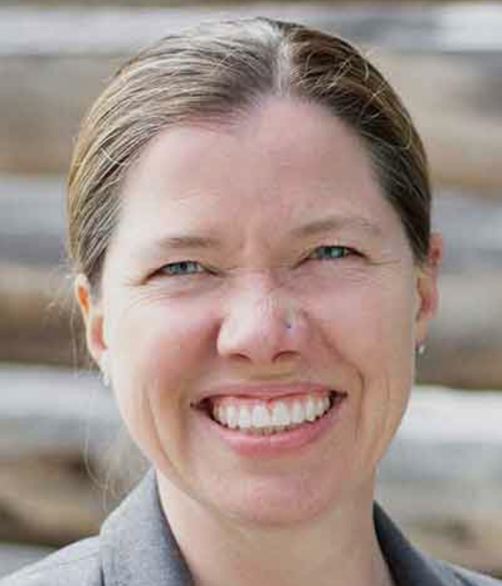
Oriana Cozzolino, LSWAIC
Resilience and Wellness Coordinator, Thurston County Sheriff's Office
Oriana Cozzolino leads health and wellness efforts with the Thurston County Sheriff’s Office, is the Mental Health Provider for the Thurston County Interagency Crisis Negotiation Team, and is a trauma treatment therapist for first responders. She was a faculty member of the International Trauma Treatment Providers for seven years and currently teaches with the South Puget Sound Community College, the Pierce County Center for Dialog & Resolution, and the Dispute Resolution Center of Thurston County. She is also an on-call Medical Social Worker with the Providence Abuse Intervention Center, supporting children who are survivors of violence. For joy, Oriana engages in authentic movement as a 5 Rhythms dancer, teaches yoga, and savors nature through hiking with her husband in Olympia, WA.
Mind Body Bridging
Mind Body Bridging is an evidence-based, therapeutic modality created to support individuals and groups suffering from addiction, violence, trauma, PTSD, cancer, pain, and other health problems. Today, we are offering one of many effective and easy to use techniques to address and assist alleviating psychological distress and increasing psychological flexibility and resilience.

Chuck DeSmith
Deputy Chief of EMS/Safety, Renton Regional Fire Authority
Chuck DeSmith is a Deputy Chief with 34 years of experience serving the Greater Renton Community with the fire service. He specializes in supporting the Emergency Medical Service (EMS), Community Health Support, and Organizational Safety and Wellness for the Renton Regional Fire Authority. He is a strong believer in whole person medical care for community members and aspires for the workforce to represent our diverse community through emergency care.
Chuck was born and raised in Renton, and lives in the Fairwood area with his wife and two children.
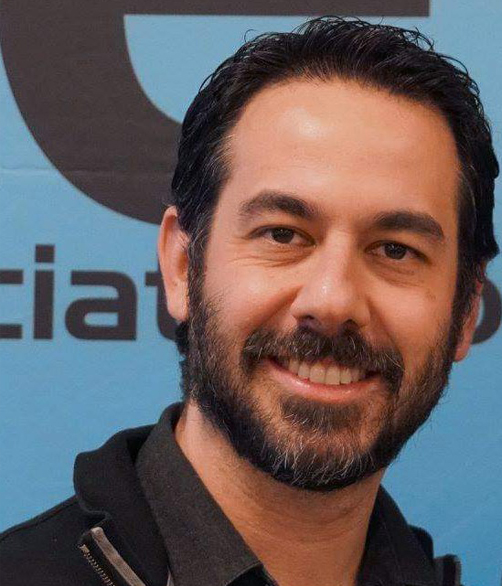
Jonathon Feit, MBA, MA
Co-Founder & Chief Executive of Beyond Lucid Technologies, Inc
Jonathon Feit, MBA, MA is Co-Founder & Chief Executive of Beyond Lucid Technologies, Inc., the award-winning firm behind the MEDIVIEW ePCR and MEDIVIEW BEACON Prehospital Health Information Exchange, which includes interoperable specialty care registries designed to inform Mobile Medical professionals about patients’ end-of-life wishes, children’s special health needs, longitudinal (“over time”) data for chronic care management, substance use intervention, and health and wellness tools.
Jonathon is frequently consulted as an expert on Mobile Medical data and economics, including for Community Paramedicine / Mobile Integrated Health. He is a widely published author—including for several industry trade journals—who has presented at over a dozen state and international conferences, and he holds advanced degrees from Carnegie Mellon and Boston University, and graduate certificates from the Massachusetts Institute of Technology and Pepperdine University Law School. In 2021, Jonathon received a Civilian EMS Award from the California EMS Authority.

Kimberly Hendrickson
Director, City of Poulsbo Housing, Health and Human Service
Kim Hendrickson is the Director of the City of Poulsbo’s Housing, Health and Human Services Department where she works on projects increasing access to healthcare, housing and social services. She is the project manager of Poulsbo Fire CARES, a fire-based co-response program in North Kitsap County, and project coordinator for the Central Kitsap Fire and Rescue CARES Program. Kim helped develop the City of Poulsbo’s police navigator program, which has evolved into behavioral health co-responders working with police throughout Kitsap County. She is the Chair of the Co-Responder Outreach Alliance and a member of Washington State’s 988 crisis response improvement committee.

Michelle Muething, LPC
Clinical Psychologist, Frontline Crisis Academy
Michelle is a clinical psychologist, former crisis clinician, and executive director of the Aspen Hope Center, which provides mobile crisis teams in the Rocky Mountains of Colorado. With twenty-three years in the field, Michelle has seen little in the way of training for crisis workers. Michelle founded Frontline Crisis Academy in the summer of 2021. Thus far she has worked with staff from twenty-seven agencies in the State of Washington, providing training in mobile crisis.
Suicide De-escalation and Stabilization
Suicide De-escalation and Stabilization is a session for those who feel confident in assessing suicide risk and wish to expand their knowledge base and tactics in working with suicidal individuals. Learn how to finesse and hone your active listening and motivational interviewing skills with the basics pulled from negotiation tactics, neuroscience research that guide us with how to help those in the darkest places. Review the pros and cons to the multitude of suicide risk screeners and discuss the most useful components of safety plans and crisis response plans. Participants will acquire a renewed confidence and excitement for the next encounter where skills can be put to use.
- ASQ Screener
- C-SSRS
- Meuthing WA Retreat Handout
- SAFE-T
- Safety Planning Guide Quick Guide for Clinicians
- Stanley Brown Safety
- Suicide Risk Curve
Case simulations & psychological tactical debrief
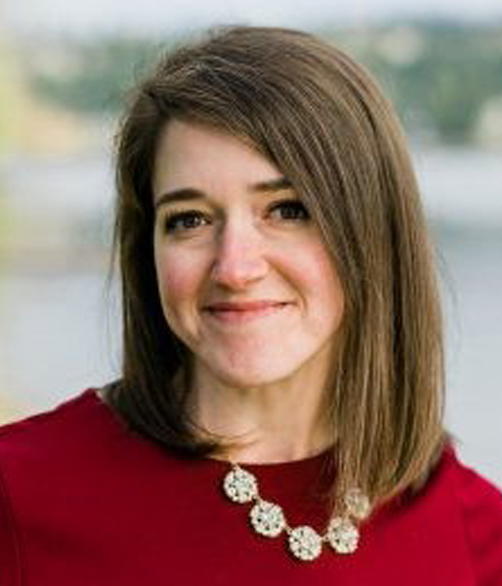
Mandy Owens, PhD
Assistant Professor, University of Washington
Dr. Owens is an Assistant Professor at the Addictions, Drug & Alcohol Institute in the Department of Psychiatry and Behavioral Sciences at the University of Washington. Her work focuses on the intersection between substance use and the criminal legal system, including research and implementation efforts with law enforcement, jails, and prisons. One current project includes the development and evaluation of statewide training for law enforcement on substance use and substance use disorder. A second project uses policy codesign to develop local solutions to crisis response with law enforcement in Clallam, Thurston, and Yakima Counties. Dr. Owens also is a licensed and practicing psychologist working with people with substance use disorder, and has been a member of the Motivational Interviewing Network of Trainers since 2014.
Key Motivational Interviewing Skills for Responding to People Who Use Alcohol
Motivational Interviewing is an evidence-based approach that helps promote behavior change for alcohol and drug use and other health behaviors. There are many key Motivational Interviewing skills that co-responders can use to interact effectively with people who use alcohol. Learn skills that can help engage people actively under the influence of alcohol as well as to encourage people to move toward their own person-centered goals.

Nicole Picknell
Captain, South County Fire
Captain Nicole Picknell has over 30 years Fire Ground experience including wildland and structural firefighting, 25 years as a Paramedic as well as 25 years in the exercise, fitness and nutrition Industry. Nicole has spent the last several years overseeing the Community Resource Paramedic Team at South Snohomish Fire and Rescue Regional Fire Authority (South County Fire). She has a strong interest in providing Firefighters, Police Officers and other first responders opportunities for health and wellness. She supports people in health and nutrition as a personal trainer, exercise instructor, nutrition coach, body builder coach, yoga instructor, Yoga for First Responder instructor and But yoga instructor.
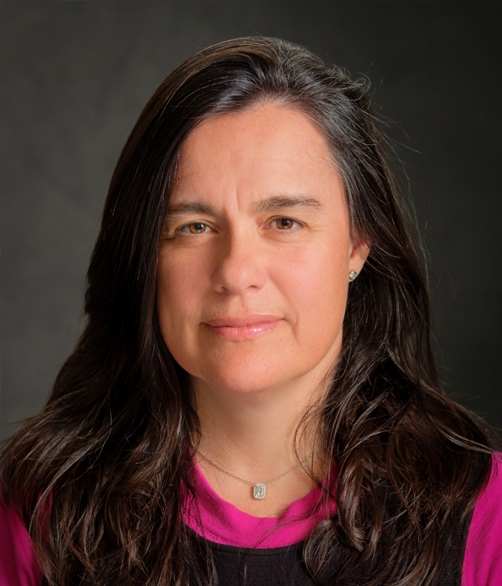
Dr. Jennifer Stuber
University of Washington, School of Social Work

Ariel Werther
Detective, Chandler Police Department
Ariel Werther has worked for the Chandler Police Department since 2008. During his tenure, he previously served as a 911 dispatcher, patrol officer, Crisis Intervention Team officer, Field Training Officer, SWAT Crisis Negotiator, Special Victims Unit detective. He is currently assigned to the Robbery/Homicide Unit. In his off time, he enjoys books, board games, and camping with his wife.
Advanced Verbal De-escalation Strategies
This two-hour advanced verbal de-escalation course will assume familiarity with basic concepts of verbal de-escalation and will examine adaptive mindset and behaviors for interactions with people in crisis, including those whose ability to engage in reason-based problem-solving and negotiation is limited. The course will employ a mix of video examples, verbal examples, and skills exercise to reinforce learning objectives.
Agenda
7:30 – 10:00am
Light continental breakfast
7:45 – 8:45am
Yoga Shield
Captain Nicole Picknell | South County Fire
Bring yourself; we will provide the yoga mats.
9:00 – 9:45am
Keynote: Co-Response from Programs to Service to Movement
Welcome
Dr. Jennifer Stuber | University of Washington, School of Social Work
Deputy Chief Chuck DeSmith | Renton Regional Fire Authority
Why Co-Response? Addressing the Need for Diversity, Inclusion, and Healthcare Equity
Zee Andrignis | Seattle Police Department Crisis Response Unit, CROA Board
Kim Hendrickson | City of Poulsbo, CROA Board
10:00am – 12:00pm
Morning breakout skillset – select one
Advanced verbal de-escalation strategies
Detective Ariel Werther | Chandler Police Department
Suicide de-escalation and stabilization
Michelle Muething, LPC | Frontline Crisis Academy
Key Motivational Interviewing Skills for Responding to People Who Use Alcohol
Mandy Owens, PhD | University of Washington, Dept of Psychiatry & Behavioral Sciences
Chief Criminal Deputy Amy Bundy | Clallam County Sheriff’s Office
12:00pm
Lunch
12:45 – 1:45pm
Mind-Body Bridging exercise
Oriana Cozzolino, LSWAIC | Thurston County Sheriff’s Office
Program Manager Track
The Economics of Co-Response: Designing a Sustainable Approach
Jonathon Feit | Beyond Lucid Technologies, Inc
2:00 - 4:00pm
Afternoon breakout skillset – select one
Advanced verbal de-escalation strategies
Detective Ariel Werther | Chandler Police Department
Suicide de-escalation and stabilization
Michelle Muething, LPC | Frontline Crisis Academy
Key Motivational Interviewing Skills for Responding to People Who Use Alcohol
Mandy Owens, PhD | University of Washington, Dept of Psychiatry & Behavioral Sciences
Sergeant Amy Bundy | Clallam County Sheriff’s Office
Cognitive behavior therapy for psychosis
Stephen Betuker, MSW, LCSW | University of North Carolina, Dept of Psychiatry
Attendees who select the CBTp breakout session must also attend a pre-session on Friday, May 12 from 9:00am-12:00pm at the UW School of Social Work.
4:15 – 5:30pm
Case simulations & psychological tactical debrief
Michelle Muething, LPC | Frontline Crisis Academy
5:30-7:30pm
Networking event
Food and credit card bar
Questions? Contact Kim for information about sponsorships or registration at croawa@gmail.com.
Sponsors
Platinum Sponsor
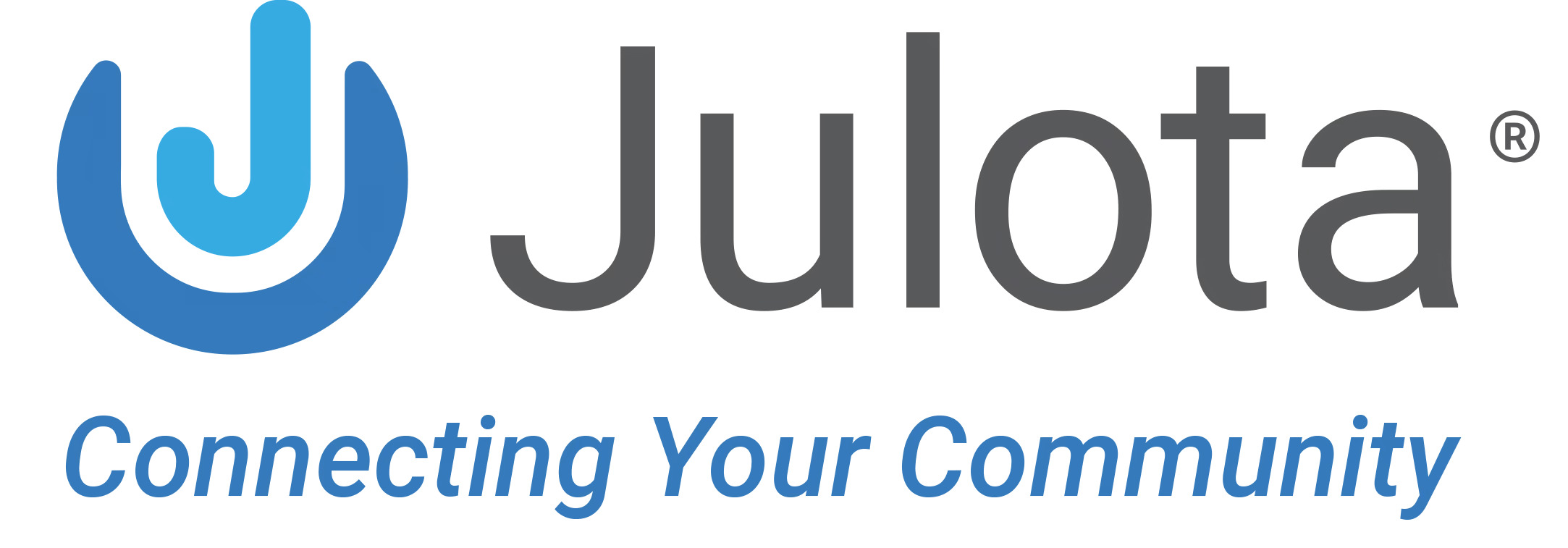
Bronze Sponsor

Sponsor







